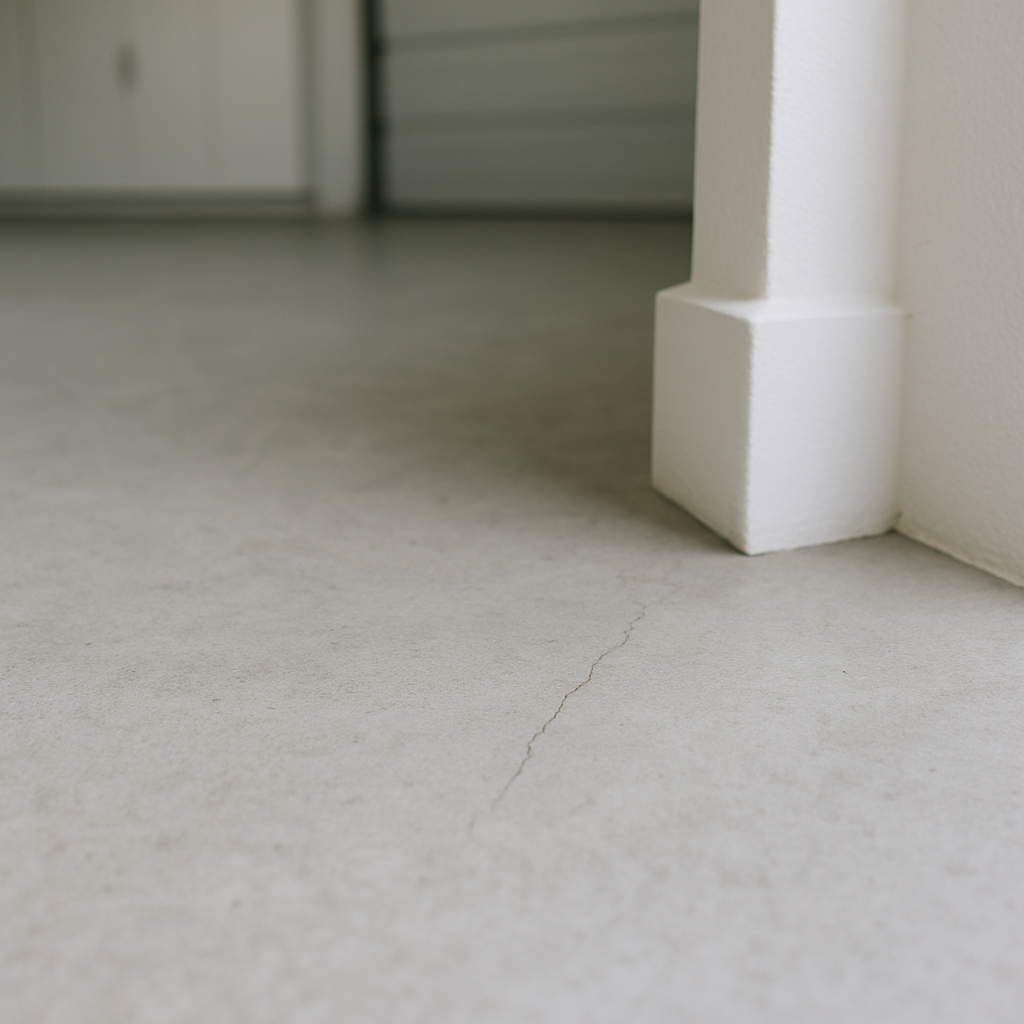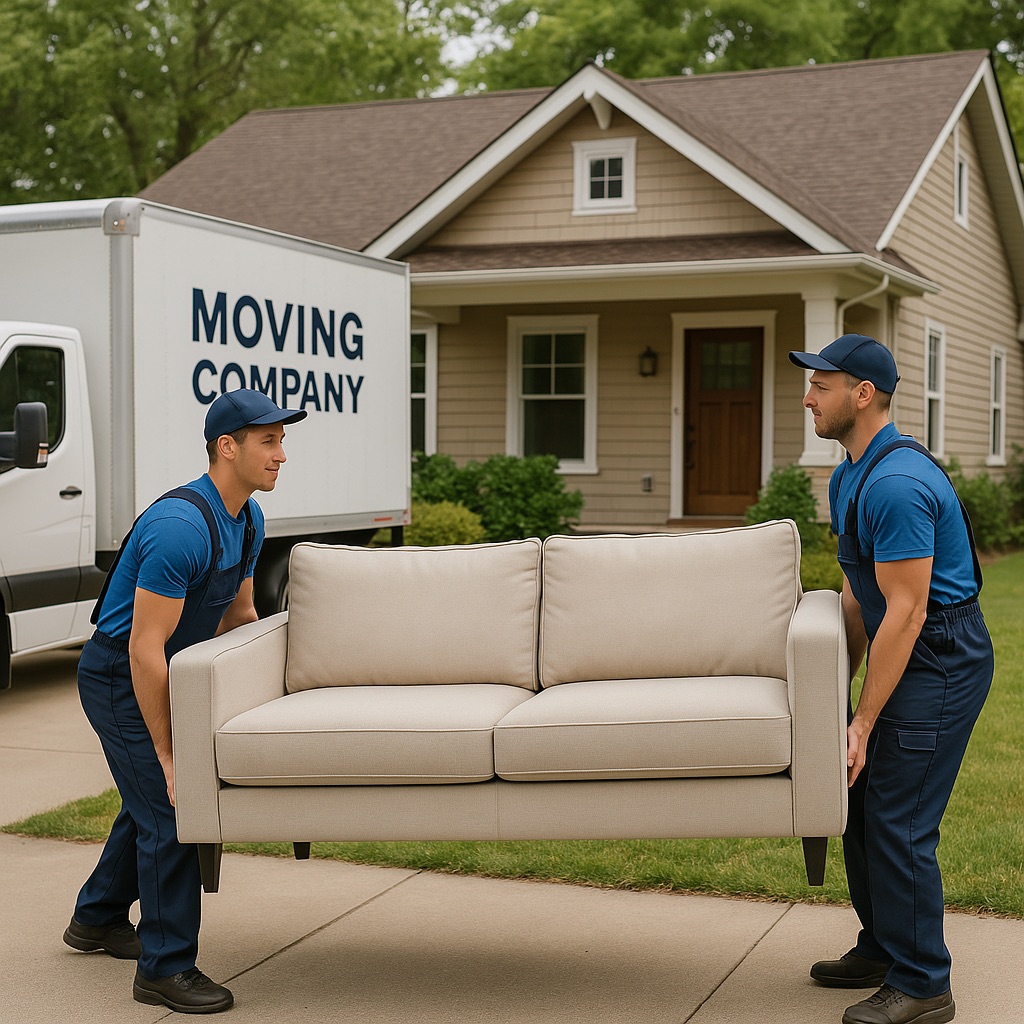Last updated on
Year in and year out homeowners dutifully pay their homeowner’s insurance premiums and many people will do so for decades without ever filing a claim. Insurance carriers don’t want their policyholders to know what they are entitled to when a covered peril (like hail or a severe wind storm) causes even small and barely noticeable amounts of damage.
What’s more, when a home suffers enough damage for a policyholder to bite the bullet and file a claim, insurance companies will deploy a team of expert claims adjusters, engineers, and home inspectors to appraise the damage and aim to settle the claim for a fraction of the true cost of thorough repairs. This leaves homeowners stuck footing bills themselves, or hiring an unqualified repair person, or even failing to get the restorations done at all.
The insurers don’t care – they continue to collect their premiums in any case, and they go on making billions of dollars each year. Luckily, there are insurance claims experts who work on behalf of homeowners as well, and when a policyholder teams up with their own public insurance adjuster they are more likely to settle their claim for a dollar amount that will actually be enough to pay to restore the home to its pre-loss condition.
After all, that’s what homeowners insurance is supposed to be for in the first place.
What's Inside
Public Insurance Adjusters Work on Behalf of Policyholders to Win Large Settlements on Storm Damage Restoration Claims

Missing shingles from high winds are a covered peril on almost every homeowner’s policy, and depending on the age and condition of your roof this often results in a full roof replacement being paid for by insurance.
Most people have no idea what a public insurance adjuster is, and that’s exactly how the insurance companies want it to stay. A public adjuster (PA) is an individual who is licensed by the state Department of Insurance to represent policyholders in the insurance claim process the way a lawyer represents a client in the courtroom.
When a homeowner suffers storm damage and signs a contract with a public adjuster this allows the P.A. to communicate directly with the carrier, file the claim, proof of loss reports, negotiate settlements, and appraise the damage and build-out estimates for thorough and adequate repairs to get the property restored to its pre-loss condition.
PA’s use their knowledge of insurance policy coverage and law to make sure that the insurance company is held accountable and pays what they owe. They often get homeowners many times more money on claims than would have been paid if the homeowner handled the claim on their own.
Public Adjusters Partner with Roofing and Restoration Contractors In Order to Handle the Entire Insurance Claim and Home Restoration Process
Creases in shingles are caused by strong wind storms and may not be visible from the ground, but insurance companies pay for them to be replaced. If your roof has enough of these, you are likely entitled to a full replacement under your homeowner’s insurance policy. A public adjuster will help make sure the insurance company pays what they owe.
When you, as a homeowner, suffer storm damage to your roofing or siding the best thing to do is hire a local roofing contractor that is affiliated with a public insurance adjuster to handle the claim from start to finish and get your property restored.
Many restoration contractors will propose to do this without a public adjuster, but a contractor is not legally allowed to represent you in any substantive sense. They can’t talk policy and law, they can’t argue for you – all they can do is provide estimates. Many will act as public adjuster without a license, but it’s illegal and end up getting you, the policyholder, in trouble. A licensed public adjuster can do for you what a contractor cannot.
The process goes something like this:
- First, they will likely require you to enter into a contingency contract with their public adjuster. These contracts are often formed contracts provided by the state Department of Insurance, and it allows the public adjuster to represent you in negotiations with your insurance company for a fee that is taken directly from the payments from the company. If they don’t get you any money, you don’t pay them any money. It’s zero-risk.
- Even better, many public adjusters will waive their fees entirely so long as you hire their choice of contractor to execute the repairs. The contract will state that explicitly, and it ought to also disclose that the public adjuster has a financial interest in you hiring their contractor, meaning they get paid by the contractor.
- This sort of agreement aligns the interests of you, the public adjuster, and the contractor: you want the insurance company to pay for the most extensive repairs possible so that your home is as good as or better than it was before the damage occurred. Your public adjuster wants the same thing because the more work they get approved then the more the claim payment is and the more money they will make. The same goes for the contractor: they will pay the adjuster’s commission, and they will secure a great deal more work than they would have had otherwise. Everybody wins. Truthfully, even the insurance company wins, because they get to fulfill their duty to their policyholder – even if they do it reluctantly!
Warning: When things do go wrong with public adjusters and roofing/restoration contractors it is often when either or both parties are from out-of-state.
Many of these storm-chasers are perfectly honest and trustworthy, but there are certainly some who know that they can get away with shoddy workmanship and nefarious activity (like filing false claims or creating fake damage, which is insurance fraud and is punishable by jail time in most states) because they are going to skip town and head to the next storm-wracked area once the claim is closed out.
This is definitely not true of all storm-chasers, but you should research the reputation of the business entity as well as the personal names of the owners and adjusters involved before signing anything, or within the 3-day right-to-rescind period afforded by federal law. Do your due diligence and make sure you know who you’re hiring!
Allow Your PA and Restoration Contractor to Do the Job You Hired Them For
Wind storms can rip metal trim (like the fascia metal in this picture) right off your home. This is can cause leaks inside the home or damage to the wood framing underneath. Wind storms that are strong enough to damage fascia often damage roofing as well, so call a public adjuster to bring out a roofing or siding contractor to perform an inspection if this happens to you.
By law, your insurance company has to honor your request to work with your public adjuster. Once your claim is filed, you will get a call from them and they may even try to convince you to cancel the contract.
If they have your best interest in mind, there is no reason for them to fear to work with a PA. Once you’ve instructed them to do so, you can sit back and relax while your entire claim is handled from start to finish. Within a couple of weeks, you will get a final approved scope of work from your public adjuster (legally they have to provide you with all the documents pertaining to your claim) and you will enter into a contract with your roofer or restoration contractor to have the work done.
In most cases, your contract should state that your contractor is going to execute the insurance-approved scope of work for the dollar amount that the insurance company has agreed to pay. You should only be asked to pay your deductible, plus any extra elective work that you may want to be done.
If you did your due diligence to make sure the PA’s partner contractor is a reputable, quality roofing or siding contractor then the work will be excellent because the PA ought to have secured enough money so that the contractor never has to cut any corners or perform any subpar work in order to “stay on budget”.
With a public adjuster and his/her contractor, you’ll never have to worry about being stuck with the lowest bidder or price-cutting service provider. You’ll get a quality storm damage restoration service commensurate with the contractor’s reputation (which you, of course, researched ahead of time!).
Your Insurance Will NOT Go Up, and You Won’t Get Dropped! It’s Your Right and Responsibility to Take Care of Your Home
Insurance companies can not legally raise your rates or drop you for filing a claim due to a storm or other covered peril. That is precisely why you have homeowners insurance, and if your home is damaged you ought to use it to the fullest extent possible.
If you file several claims in a short period of time then you could be considered high risk. And if you fail to make reasonable repairs and take good care of your home, or if you collect money from your insurance company for a claim and fail to get the work done for any reason, then they choose to drop you because at that point you are demonstrating that you are riskier to insure.
However, if you’re simply a victim of storm damage and you otherwise take good care of your home, do what you can to mitigate damage when it happens. Only file a claim when you have to – there is no reason to fear repercussions from your insurer.
In fact, it’s your right as a policyholder to have the repairs paid for so long as you are holding up your end of the bargain and paying your premiums when they’re due. So when something unforeseen happens, you ought to receive what you’re owed. A public adjuster partnered with a qualified contractor is your best bet to make this happen and to have the entire process handled smoothly from start to finish. Good luck!




